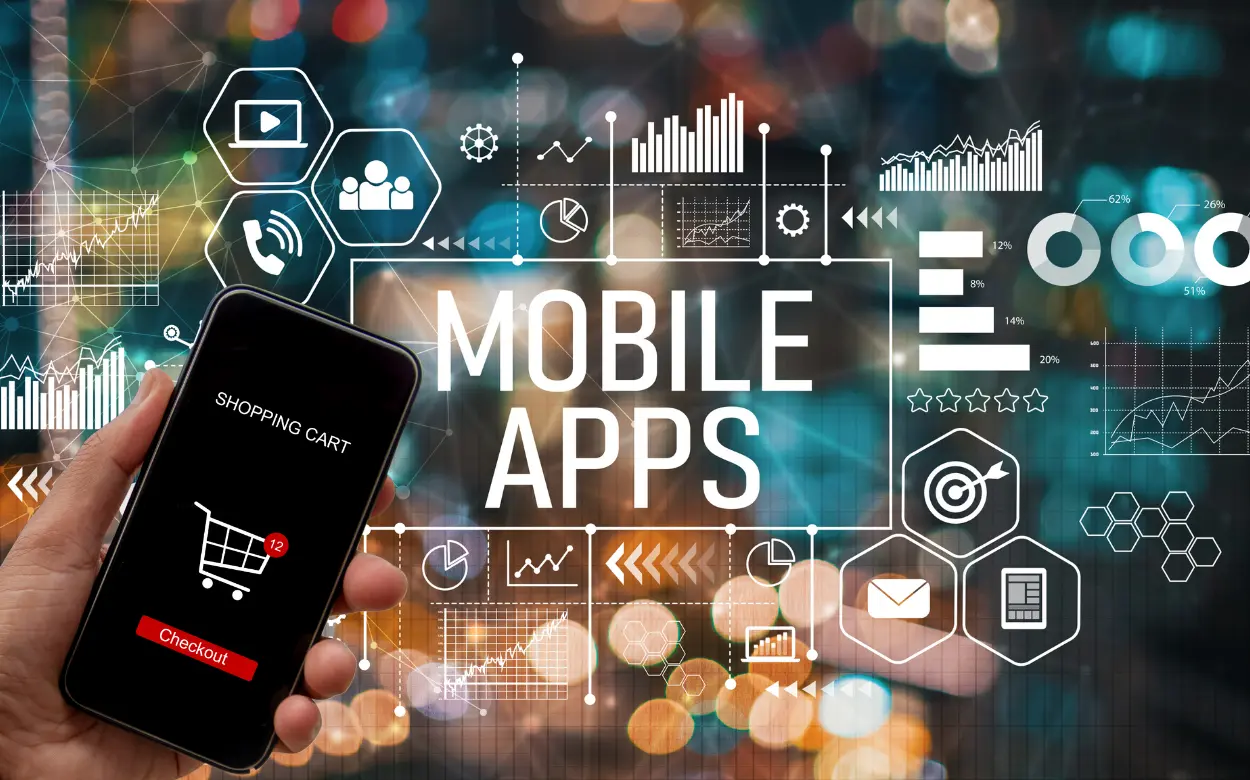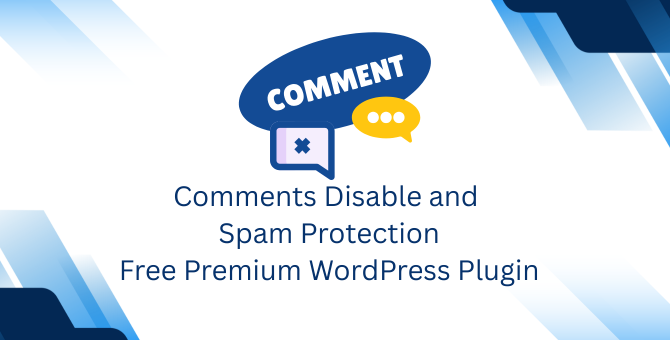Why You Must Need a Mobile App for Your E-Commerce Website and WhatsApp Integration
In the modern age of online shopping, having an e-commerce website is simply not enough to keep up with customer expectations. As mobile usage continues to rise and consumer behavior evolves, it’s becoming increasingly important for e-commerce businesses to have a mobile app and WhatsApp integration. Let’s explore why these two features are essential for driving engagement, increasing sales, and improving overall customer experience.
1. Mobile Shopping is the Future: Tap into the Mobile Consumer Trend
The shift to mobile commerce (m-commerce) is undeniable. According to Statista, mobile e-commerce sales are expected to account for over 70% of all e-commerce sales by 2025. More and more consumers are shopping on smartphones and tablets due to their convenience and ease of use. By developing a mobile app for your e-commerce website, you provide a seamless shopping experience that caters to the growing number of mobile shoppers.
2. Enhanced User Experience and Faster Access
A mobile app offers a more personalized and intuitive shopping experience compared to a mobile-optimized website. With a mobile app, users can:
- Browse your product catalog more quickly with optimized performance.
- Get faster load times, smoother navigation, and reduced friction during checkout.
- Save items to their shopping cart or wishlist for easy access later.
- Enable push notifications to stay updated on new arrivals, promotions, or abandoned carts.
In short, mobile apps provide a much more engaging, faster, and enjoyable shopping journey compared to traditional mobile web browsing.
3. Push Notifications for Immediate Engagement
One of the biggest advantages of having a mobile app is the ability to send push notifications directly to users’ devices. Push notifications are an excellent way to:
- Inform users about flash sales, discounts, or new product launches.
- Remind users of abandoned carts and encourage them to complete their purchase.
- Provide personalized offers based on browsing history and preferences.
With push notifications, you can create direct, real-time communication with your customers, helping you increase engagement and sales.
4. Offline Access to Content
A mobile app allows users to access certain parts of your e-commerce store even when they’re offline. While they may not be able to make a purchase without an internet connection, users can browse through saved products, read reviews, and add items to their cart for future purchasing. This gives them a better experience and encourages return visits, especially in areas with unstable internet connectivity.
5. Improved Customer Loyalty and Retention
Mobile apps are powerful tools for customer retention. By providing a more convenient and personalized shopping experience, you can foster loyalty among your customers. Features such as:
- Loyalty programs (discounts, reward points).
- Personalized recommendations based on previous purchases or browsing habits.
- Exclusive promotions or early access to sales for app users.
These all contribute to creating a long-term relationship with your customers, encouraging repeat purchases and increasing lifetime value (CLV).
6. WhatsApp Integration: Instant Customer Support
WhatsApp is one of the most popular messaging apps globally, with over 2 billion active users. Integrating WhatsApp into your e-commerce website or mobile app offers instant communication with customers, which can greatly enhance your customer service.
Through WhatsApp, customers can:
- Get real-time assistance with their questions regarding products, pricing, shipping, or returns.
- Receive updates about their order status, delivery times, and more.
- Engage with live chat for a personalized experience, allowing you to resolve issues quickly and efficiently.
Since WhatsApp is a familiar platform, it provides a non-intrusive way for customers to get support without navigating complicated forms or long wait times.
7. WhatsApp for Order Tracking and Notifications
Another advantage of WhatsApp integration is the ability to send order confirmations and tracking information directly to customers. This ensures that customers always stay updated on their orders in real time. By offering immediate access to their shipping status, customers will feel more confident about their purchase and more connected to your brand.
8. Direct Marketing and Sales Channel
WhatsApp can also be used as a direct sales channel. By integrating WhatsApp into your e-commerce strategy, you can:
- Reach out to customers with personalized offers and promotions.
- Send product recommendations based on their preferences or past purchases.
- Share exclusive sales, flash deals, or discounts via WhatsApp groups or broadcasts.
This kind of direct, conversational marketing increases the likelihood of conversions, as customers often prefer personalized interactions.
9. Cost-Effective Customer Support
Compared to traditional customer service channels, WhatsApp is cost-effective and can handle multiple customer inquiries simultaneously. Whether you’re providing order updates, answering product-related questions, or solving problems, WhatsApp allows your team to efficiently manage customer interactions with fewer resources, reducing operational costs.
10. Build Trust and Strengthen Relationships
By offering WhatsApp as a communication channel, you allow customers to interact with your brand in a way that feels more personal and authentic. This not only builds trust but also helps strengthen your relationship with customers, as they feel more connected and valued by your business.
11. Increased Conversion Rates
Both mobile apps and WhatsApp integration can lead to higher conversion rates. A smooth app experience with features like saved carts, push notifications, and one-click checkout reduces friction during the buying process, leading to more sales. Meanwhile, providing instant support through WhatsApp helps answer questions and overcome objections, closing sales faster.
12. Easier Social Sharing
With WhatsApp integrated into your mobile app or e-commerce site, customers can easily share your products with friends, family, or colleagues. This form of social sharing can drive new traffic to your site and generate free word-of-mouth marketing, which is invaluable for growing your customer base.
Conclusion: The Perfect Combination for Growth
Incorporating both a mobile app and WhatsApp integration into your e-commerce strategy offers powerful benefits that can boost engagement, increase sales, and foster customer loyalty. The mobile app enhances user experience, delivers targeted notifications, and supports offline browsing, while WhatsApp provides instant, direct communication for customer support, order tracking, and marketing.
As mobile commerce and customer expectations evolve, these features are no longer optional—they’re essential. By adopting both a mobile app and WhatsApp, you position your e-commerce business for success, ensuring it meets the demands of today’s mobile-first, always-connected consumer.





